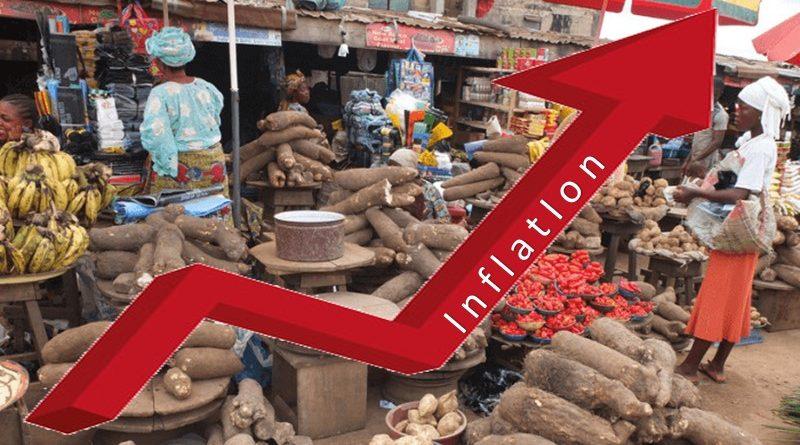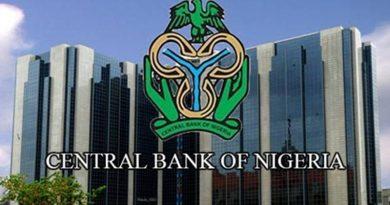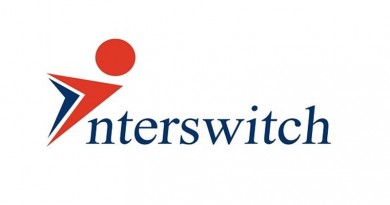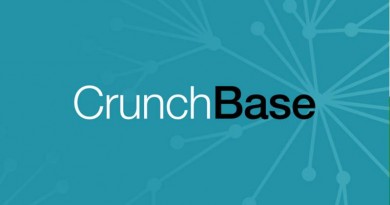Nigeria’s inflation report for February 2023: inflation rose by 9bps to 21.91%
The inflation figures for the month of February 2023 was recently released by the Nigeria Bureau of Statistics (NBS) with the following highlights.
- Headline rate 21.91% y/y (21.82% January);
- Core rate 18.84% y/y (19.16%); and
- Food rate 24.35% y/y (24.32%).
The headline inflation rate for February jumped to 21.91% y/y, up 9bps from the prior month. At 21.97y/y, our projection was 6bps higher.
The headline inflation rate dropped from 1.87% in the prior month to 1.71% month over month.
Inflation in the food sector (24.35%) increased by 4bps from the previous month. Prices for oil and fat, bread, cereals, potatoes, yams, and other tubers, fish, fruits, meat, and vegetables all saw significant price hikes.
On a year-over-year basis, the inflation rate for imported food prices climbed by 2bps to 18.52% y/y from 18.50% y/y in the previous month.
Core inflation decreased by -31bps from the previous month’s reading of 19.16% y/y to 18.84% y/y. Gas, liquid fuel, air travel for passengers, car parts, fuel and lubricants for personal transport equipment, and solid fuel all experienced inflationary pressure.
The housing segment’s growth was 18.11% year over year and 1.39% month over month. Moreover, the transport sector saw growth of 21.43% y/y and 1.64% m/m. The price rises for deregulated goods like diesel, kerosene, and aviation fuel can be partially blamed for the increases seen. However, there are sporadic instances of fuel shortage, particularly in the nation’s commercial center.
According to the NBS headline inflation by state, in February ’23, Cross River had the lowest headline inflation rate (19.62% y/y) and Bauchi had the highest (24.59% y/y). It is important to note that household baskets differ amongst states as a result of diverse consumption habits.
The CBN/MPC claims that structural problems including insecurity, insufficient power, and inadequate logistics continue to be major contributors to inflation. Others include pressure on the currency rate and rising commodity prices. The headline inflation rate for February jumped to 21.91% y/y, up 9bps from the prior month. At 21.97y/y, our projection was 6bps higher.
The next MPC meeting is set for March 20 and 21 of 23. Another increase in the policy rate is not unlikely given the MPC’s determination to bring back price stability. SOURCE: Coronation Merchant Bank




